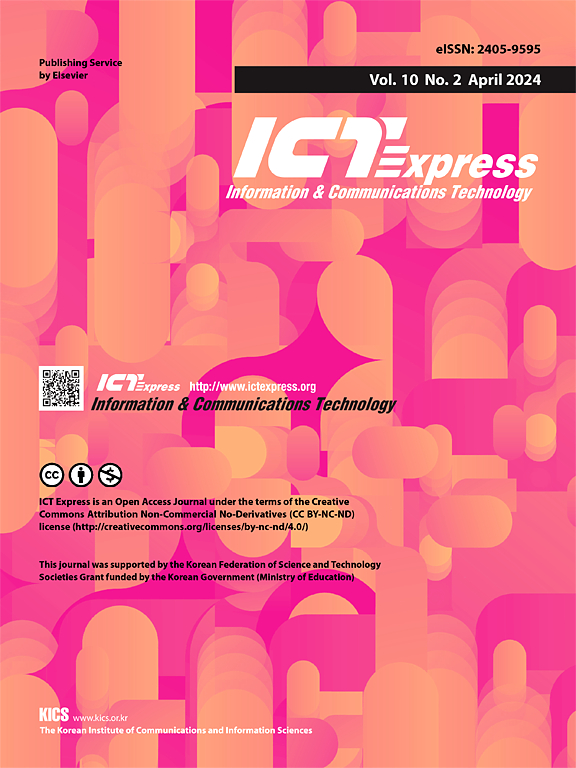Optimizing Crystals-Dilithium implementation in 16-bit MSP430 environment utilizing hardware multiplier
IF 4.2
3区 计算机科学
Q1 COMPUTER SCIENCE, INFORMATION SYSTEMS
引用次数: 0
Abstract
Dilithium was selected as one of NIST standard Post Quantum Digital Signature algorithms and is undergoing standardization as a Module Lattice Digital Signature Algorithm (ML-DSA). However, until now research on optimization in embedded environments has primarily been conducted on ARM architectures, which are the basic benchmark targets. To prepare for future quantum secure Internet of Things environments, performance optimization on resource-constrained must be considered. Thus, in this paper, for the first time, we propose an optimized implementation of Dilithium in the 16-bit MSP430 environment, a low-resource device. We redesign the state-of-the-art optimization strategies for Dilithium to suit the MSP430 environment. By taking full advantage of MSP430’s hardware multiplier in the NTT-based polynomial multiplication, we achieve 73.0% and 80.1% of performance improvement for NTT and NTT−1 compared to those in the reference implementation, which contributes about 5.5%–7.0%, 15.3%–17.5%, and 7.5%–10.0% of performance improvement compared to Dilithium’s public reference implementation for keypair generation, signing, and verification, respectively.
利用硬件乘法器在16位MSP430环境中优化crystals - diliium实现
diliium被选为NIST标准后量子数字签名算法之一,并正在作为模块点阵数字签名算法(ML-DSA)进行标准化。然而,到目前为止,对嵌入式环境优化的研究主要是在ARM架构上进行的,ARM架构是基本的基准目标。为了准备未来的量子安全物联网环境,必须考虑资源约束下的性能优化。因此,在本文中,我们首次提出了在低资源设备16位MSP430环境下对Dilithium的优化实现。我们重新设计了最先进的优化策略,以适应MSP430环境。通过在基于NTT的多项式乘法中充分利用MSP430的硬件乘法器,我们的NTT和NTT−1的性能比参考实现分别提高了73.0%和80.1%,在密钥对生成、签名和验证方面分别比diiliium的公共参考实现提高了5.5% ~ 7.0%、15.3% ~ 17.5%和7.5% ~ 10.0%。
本文章由计算机程序翻译,如有差异,请以英文原文为准。
求助全文
约1分钟内获得全文
求助全文
来源期刊

ICT Express
Multiple-
CiteScore
10.20
自引率
1.90%
发文量
167
审稿时长
35 weeks
期刊介绍:
The ICT Express journal published by the Korean Institute of Communications and Information Sciences (KICS) is an international, peer-reviewed research publication covering all aspects of information and communication technology. The journal aims to publish research that helps advance the theoretical and practical understanding of ICT convergence, platform technologies, communication networks, and device technologies. The technology advancement in information and communication technology (ICT) sector enables portable devices to be always connected while supporting high data rate, resulting in the recent popularity of smartphones that have a considerable impact in economic and social development.
 求助内容:
求助内容: 应助结果提醒方式:
应助结果提醒方式:


